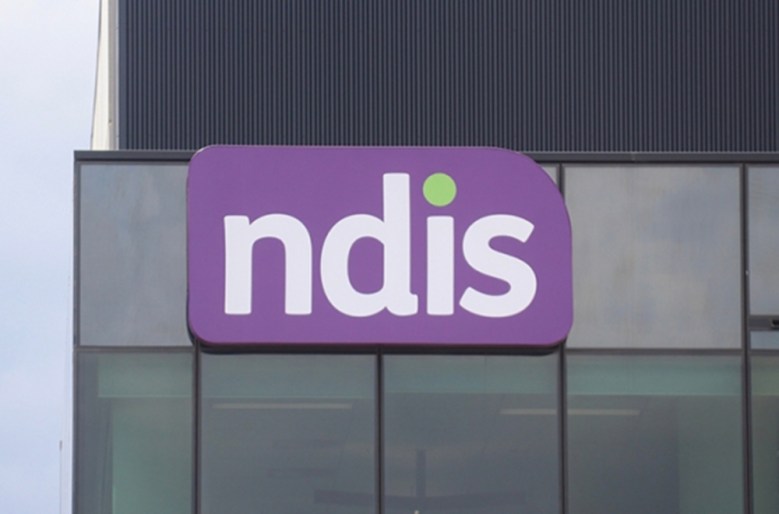Fresh off the back of a stunning election win, Prime Minister Anthony Albanese has announced his new look cabinet – including the next NDIS Minister. The National Disability Insurance Scheme and disability portfolio is now the responsibility of Minister for Health and Aged Care, Mark Butler.
In a statement Butler said he was “honoured” to be appointed Minister for Disability and the NDIS. “Our task is crystal clear: to strengthen Medicare, protect the PBS, deliver generational reform to aged care, and secure the future of the NDIS,” he added, describing the scheme as “world leading and trail blazing”.
Butler also promised to work alongside stakeholders in the sector – something that will no doubt be vital to rolling out the government’s promised changes to the NDIS. He will be assisted by Senator Jenny McAllister, who will be the Minister for the NDIS in the outer ministry.
Amanda Rishworth, who formerly held the Social Services portfolio and took on the NDIS ministry after Bill Shorten’s departure, is the new Minister for Employment and Workplace Relations.
No minister for disability inclusion
Prior to the reshuffle, peak body People with Disability Australia (PWDA) had used its pre-election platform to call for the creation of a new Ministry for Disability Inclusion and a dedicated Department of Disability Equality and Inclusion.
Physical Disability Australia (PDA) also urged the government to establish a Minister for Disability Inclusion, pointing to the Disability Royal Commission’s recommendation 5.6.
In an open letter to the Federal government after the election result, PWDA continued its push for real change.
“In the next term of government, NDIS funding must be secured, foundational supports
must be made consistently available, and income support payments must cover the true
cost of disability. We need accessible housing, stronger human rights protections including for LGBTIQA+ people with disability, better representation in government and an inclusive public sector. These are necessities,” the organisation wrote.
“The disability community have told us that the Australian Government responses to key disability reform processes – the Disability Royal Commission and the NDIS Review – haven’t met the community’s expectations, legislative changes have placed NDIS supports at risk, and people with disability are being left behind socially and economically.”
It urged the government to continue to work closely with Disability Representative Organisations to make sure people with disability have a voice at the table when it comes to disability policy and legislation – and that the government’s planned reforms are a success.
“People with disability know what works for us and we look forward to continuing to work in partnership to take real action to progress disability-led, codesigned policy and legislative reform to advance the human rights, economic security, and full inclusion of people with disability in Australian Society,” the organisation wrote.
PDA CEO Jeremy Muir said the re-elected government needs to put people with lived experience at the forefront of inclusion initiatives and policy decisions. “Our lived experiences of disability need to be the foundations from which real and positive change grows,” he said.
PDA added “there is a feeling of optimism in the air amongst much of Australia’s disability community”, with the re-election of Greens Senator Jordon Steele-John and the unseating of Peter Dutton in Dickson, by Ali France, a woman with disability. “Let’s hope that the voices of these two representatives are heard and listened to by government, and that positive change is on the cards,” the organisation said.

